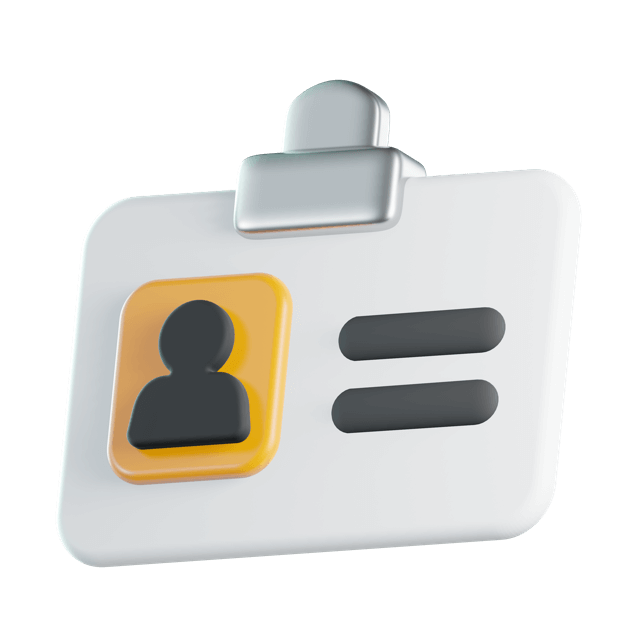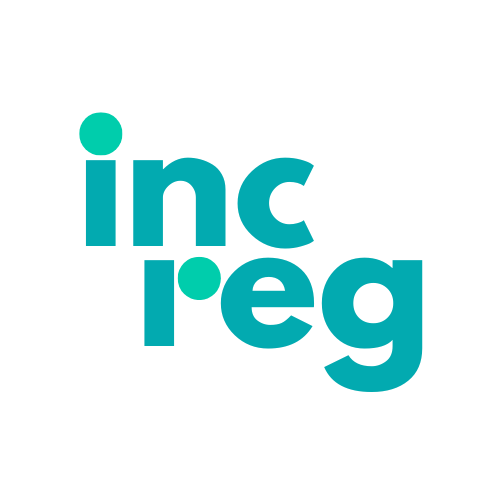
ein / federal tax id
EIN (Employer Identification Number) is a unique identification number assigned by the IRS. You need it for many business and tax-related activities.
What is EIN?
If you’re starting a business, the chances are that you’re going to need to think about getting an Employer Identification Number (EIN). But what is an EIN? Why do you need one and how do you go about getting it? This page will tell you everything you need to know about the federal identification number that businesses need to pay taxes, hire staff, get bank loans, and more.
The Internal Revenue Service assigns you a nine-digit Employer Identification Number to identify your business and its tax status. You’ll need an EIN if you are going to pay employees who work for you. But even if you don’t have any employees, you may still need an EIN for tax purposes. Looking ahead, if you don’t currently need one, you can still apply for your EIN so that you have it ready.
You may also see the EIN referred to as a Federal Employer Identification Number (FEIN) or a Federal Tax ID number. Social Security Numbers (SSNs) have the same number of digits, but they are formatted differently, so you shouldn’t confuse them. An EIN uses a 12-345679 format rather than the 123-45-6789 format used for Social Security Numbers.
Do I need an EIN?
If your business is structured in the following ways, you will need to get an EIN.
- Corporations: As a legally distinct entity, your corporation needs to get an EIN so that the IRS can identify it. If there are any substantial changes to your corporation, like a name change or a significant change of structure, you will likely need to apply for a new EIN.
- Partnerships: As there are two or more of you, you’ll probably be seen as an entity for taxation purposes so will need an EIN. Like with corporations, you may need to apply for a new EIN if there are significant changes to the business. For example, when one partner takes over from the other. You’ll also need to get an EIN if you want to file as a Limited Liability Company or Corporation. In some cases, such as if you created your partnership to share expenses, you may not need an EIN.
- Multi-member Limited Liability Companies: With two or more owners (also known as members) running a legally separate entity with limited liability, you will need to get an EIN.
- Single-member Limited Liability Companies: If you are a single-member LLC that has any employees, you’ll need an EIN. If it’s just you, you’ll still have to get one if you have excise, alcohol, tobacco, or firearms tax liabilities. Even if you don’t, with all the advantages of getting an EIN, it’s a good idea to.
- Nonprofit organizations: If you are running a nonprofit organization or corporation and hope to get tax-exempt status, you’ll need to get an EIN before you apply for your exemption.
Why do I need an EIN?
Your business will need to get an EIN if it has any employees it needs to pay, as you’ll have to report employment taxes. But you’ll also need a valid EIN to do many of the day-to-day business activities you need to keep your business thriving.
Banking
Many banks and credit unions will need to verify your Employer Identification Number before they will let you open an account with them. Furthermore, if you’re looking for a loan, your bank will often require the reassurance of an EIN number first. Having an EIN shows that you are running your business efficiently and with plans to expand.
Filing tax returns
If you need to file excise tax returns or returns on alcohol, tobacco, or firearms, you’ll need an EIN. The same goes if you are required to file employment tax returns.
More about employees and EINs
Even if you don’t have employees now, and don’t need an EIN for any of the reasons already given, you’ll need to get an EIN if you want to expand and take on staff to help you with your growing business.
Even if it’s only one person, the IRS needs your EIN to track payroll tax remittances.
Other reasons why you might need an EIN
- You want to provide a 401(K)-retirement plan.
- Someone is leaving you a sole proprietorship, or you want to start one from scratch.
- You think you will need to file for bankruptcy.
- You are managing a trust that is overseeing an estate after the owner passes away.
Who doesn’t need an EIN?
It may seem like everyone needs an EIN, but this isn’t the case. If you’re a contractor, working for yourself, or an independent freelancer, you don’t need an EIN. The same goes for if you have a small business or a side hustle that you’re running from inside your home.
But even if you don’t strictly need one, you can still apply for an EIN—and it’s a good thing to do to hedge against the future. For example, if you have a sole proprietorship, you may not need an EIN, but if you expect to inherit or purchase another sole proprietorship in the future, you will need one then. Also, if you must go through bankruptcy proceedings, you will need an EIN to complete them.
As well as this, many small, independent contractors choose to get an EIN and make this publicly available rather than their Social Security Number. Keeping your SSN out of the public spotlight can reduce your risk of identity theft. It’s also useful to prove that you’re a contractor, rather than an employee, should you need to do so.
What’s the difference between an EIN, a TIN, and a Social Security Number?
You’ll need a Tax Identification Number (TIN) for filing tax returns, regardless of whether you have an EIN. A Social Security Number (SSN) identifies you for tax purposes, but as an individual, not a business. Your EIN solely identifies your business for tax purposes.
While an EIN is generally necessary for a business rather than an individual, you must have an actual person apply for the EIN and give their details. Another business entity cannot apply for an EIN.
Do I need any other Tax ID numbers?
An EIN covers your federal tax identification through the IRS. However, depending on the state where you formed your business, you might need a state tax ID number. Possibly, you might need more than one. It’s here that IncReg’s experts will help you with our federal and state tax compliance.
